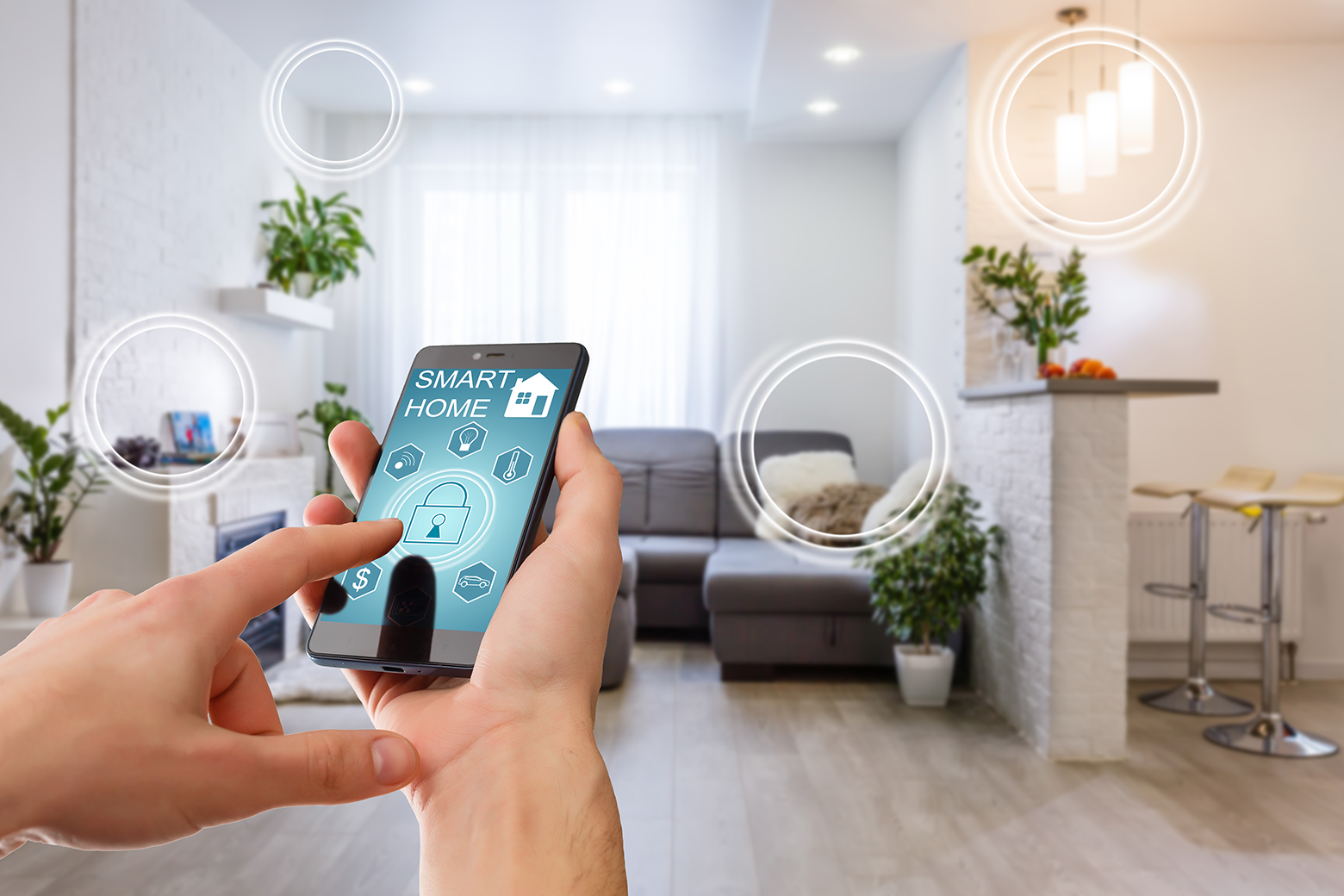In the modern age, the integration of a smart home with kids' education is not just a trend but a transformative approach to learning. With the advent of technology, homeowners and businesses alike are seeking innovative ways to enhance educational experiences for children. A smart home offers a unique environment where education can be personalized, interactive, and engaging.

Why Smart Homes are Ideal for Kids' Learning
The concept of a smart home goes beyond convenience and luxury. It's about creating an ecosystem that supports the developmental needs of children. Through the use of IoT devices, artificial intelligence, and automation, smart homes can provide tailored educational content that adapts to a child's learning pace and style.
Imagine a home where the lights dim to signal study time, or where voice-activated assistants provide instant answers to curious minds. This is the future of education, and it starts at home. According to Security.org, integrating smart devices can drastically improve the learning environment by reducing distractions and promoting focus.
Interactive Learning with Smart Technology
One of the most significant benefits of combining smart home technology with kids' education is the opportunity for interactive learning. Devices such as smart speakers and tablets can be used to access educational apps and resources. These tools can transform passive learning into an active experience, encouraging children to explore and discover new concepts on their own.
Moreover, smart homes can facilitate collaboration between children and educators. For instance, virtual classrooms can be set up with ease, allowing kids to connect with teachers and classmates from the comfort of their living rooms. This is particularly beneficial for remote learning scenarios, as highlighted in Vivint's Smart Home Installation Guide.
Customizing Educational Content
Another advantage of a smart home is the ability to customize educational content. With advanced analytics, parents can monitor their child's progress and adjust the learning material accordingly. This ensures that children are not only absorbing information but are also challenged to think critically and independently.
For instance, smart thermostats and lighting can be programmed to create optimal study environments, while parental controls can limit access to non-educational content. These features contribute to a holistic educational approach that nurtures both cognitive and emotional development.
The Role of AI in Smart Home Education
Artificial Intelligence (AI) plays a crucial role in the intersection of smart home technology and kids' education. AI-powered devices can provide personalized feedback, helping children to improve their skills and knowledge over time. For example, AI tutors can assess a child's performance and suggest areas for improvement, offering a tailored educational experience.
Additionally, AI can assist in language learning by providing real-time translation and pronunciation guides. This is particularly useful in multicultural homes where children are exposed to multiple languages. The potential of AI in education is vast, and its integration into smart homes is a step towards a more inclusive and accessible learning environment.
Challenges and Considerations
While the benefits of smart homes in kids' education are undeniable, there are challenges to consider. Privacy and security are paramount, as smart devices collect a significant amount of personal data. Homeowners must ensure that their smart systems are secure and that data is used responsibly.
Additionally, the cost of setting up a smart home can be a barrier for some families. However, the long-term benefits of enhanced learning and increased home value often outweigh the initial investment. For more insights on overcoming these challenges, visit What Landlords Should Know About Smart Homes.
The Future of Education in Smart Homes
The fusion of smart home technology with kids' education represents a paradigm shift in how we approach learning. As technology continues to evolve, so too will the capabilities of smart homes, offering even more opportunities for educational enrichment. By embracing these advancements, homeowners and businesses can create environments that foster lifelong learning and curiosity.
In conclusion, the integration of smart home technology in kids' education is a promising development that holds the potential to revolutionize the way we learn. For those interested in exploring this further, Best Smart Home Automation Ideas provides additional tips and inspiration.

FAQ
How can smart homes enhance kids' education?
Smart homes enhance kids' education by providing personalized and interactive learning environments. They utilize technology to adapt educational content to a child's learning pace, making learning more engaging and effective.
What are the security concerns with smart home education?
Security concerns include data privacy and unauthorized access to smart devices. It's crucial for homeowners to implement robust security measures to protect personal information and ensure a safe learning environment.
Are smart homes a cost-effective solution for education?
While the initial setup costs for a smart home can be high, the long-term benefits such as improved learning outcomes and increased property value make it a cost-effective solution.

